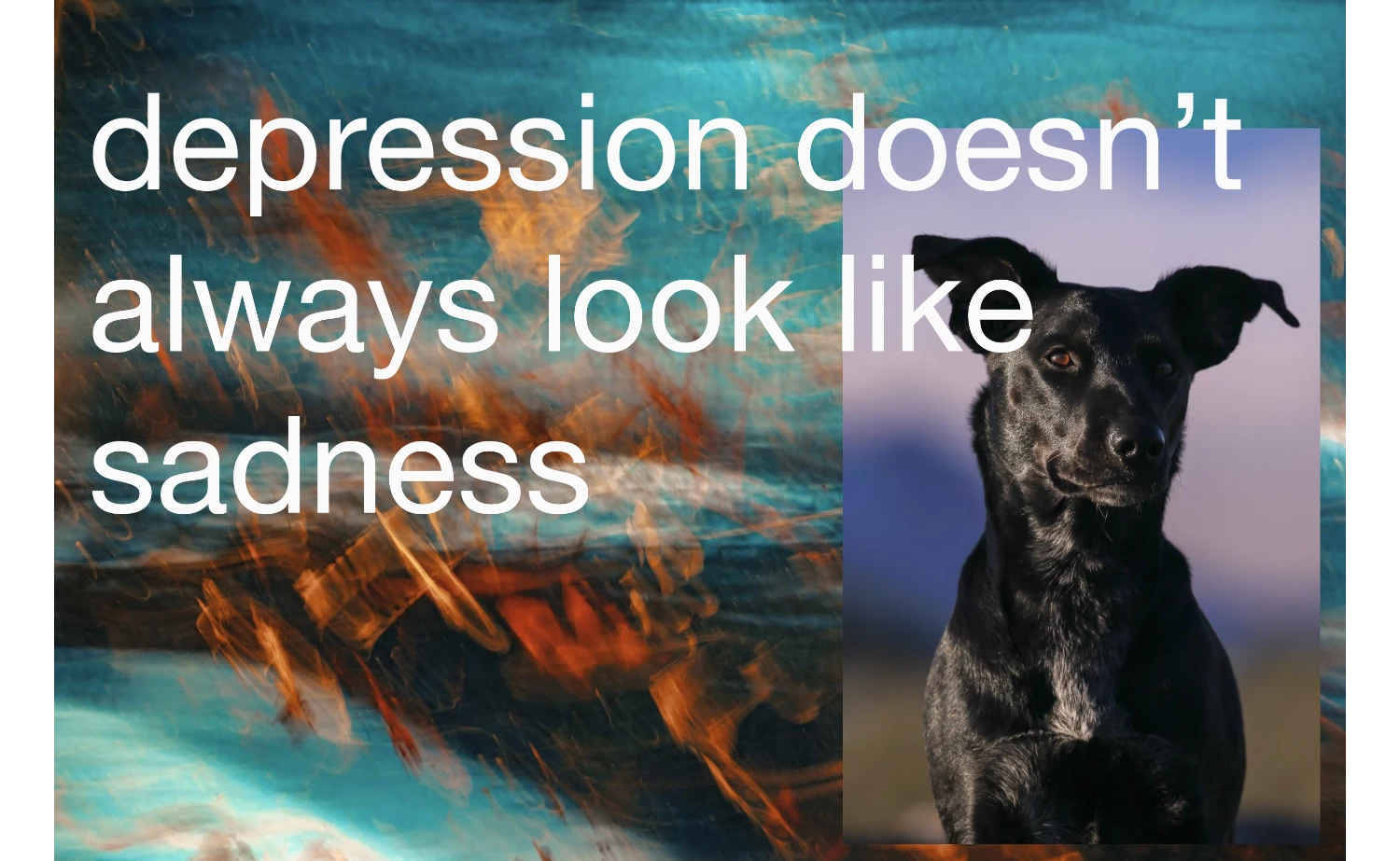brett mckay, the founder of the art of manliness, hosts an excellent podcast i recommend to almost everyone. it covers everything from stoicism to style to strength training, all wrapped in thoughtful conversations about what it means to be a good man in the modern world.
but beyond the confident voice and well-groomed mustache, mckay has shared something more personal: his experience with depression. in his short book leashing the black dog, he gets honest about what that looked like for him and what helped him manage it.
why “the black dog”?
the term “black dog” to describe depression goes back to winston churchill, and mckay uses it throughout the book as a metaphor. it’s fitting—depression isn’t always dramatic. it can be quiet, persistent, heavy. like a dog at your side that won’t leave, no matter what you do.
depression doesn’t always look like sadness
one of the most important insights from mckay’s book is that depression, especially in men, doesn’t always show up as sadness. he describes feeling tired all the time, unmotivated, annoyed with people, emotionally flat—and just assuming it was some kind of personal failure.
a lot of men experience depression this way. instead of crying, they get irritable. instead of reaching out, they isolate. instead of feeling hopeless, they feel numb. mckay helps put words to a form of suffering that often goes unnamed.
understanding where it comes from
the book doesn’t try to pin depression on just one cause. mckay points out that it can be a combination of things—biology, stress, unhealthy habits, lack of purpose, unresolved issues from the past, or the overwhelming pressure to “have it together.”
sometimes you don’t even realize anything’s wrong until months or years have gone by and everything feels harder than it should.
what helped (and still helps)
mckay doesn’t pretend he found a magic fix. what he shares are things that helped him begin to feel like himself again—and that continue to help him keep the black dog on a leash.
one of the biggest was exercise. not to hit some fitness goal, but because moving his body gave his brain a break. he also talks about the importance of sleep, getting outside, and eating real food. these things sound simple, but when you’re depressed, they can feel almost impossible—and still, they matter.
talking to someone
the book also describes how therapy helped him. like many men, mckay was skeptical at first. but talking to a professional gave him a place to explore the thoughts he’d been trying to avoid. through therapy, he also discovered techniques from cognitive behavioral therapy (CBT) that helped him challenge the beliefs and thought loops that kept dragging him down.
it wasn’t about “fixing himself.” it was about understanding what was happening—and learning how to respond to it differently.
managing, not curing
one of the most helpful ideas in leashing the black dog is the shift from trying to cure depression to managing it. the black dog might never leave entirely, but it doesn’t have to run the show. you can learn what helps you stay grounded. you can build routines that support you. you can reach out when you’re slipping.
it’s not about never feeling bad again. it’s about knowing what to do when you do.
a short, honest, helpful read
this book isn’t long. it’s not loaded with jargon. it’s not preachy. it’s just one man’s honest account of what depression felt like for him—and the things that helped him get through it.
if you’re a man who’s been feeling off and doesn’t know why, or if you suspect you might be dealing with depression but aren’t ready to talk about it yet, this book could be a really good place to start. it won’t solve everything, but it might help you feel a little less alone—and a little more equipped to take the next step.

Leave a Reply